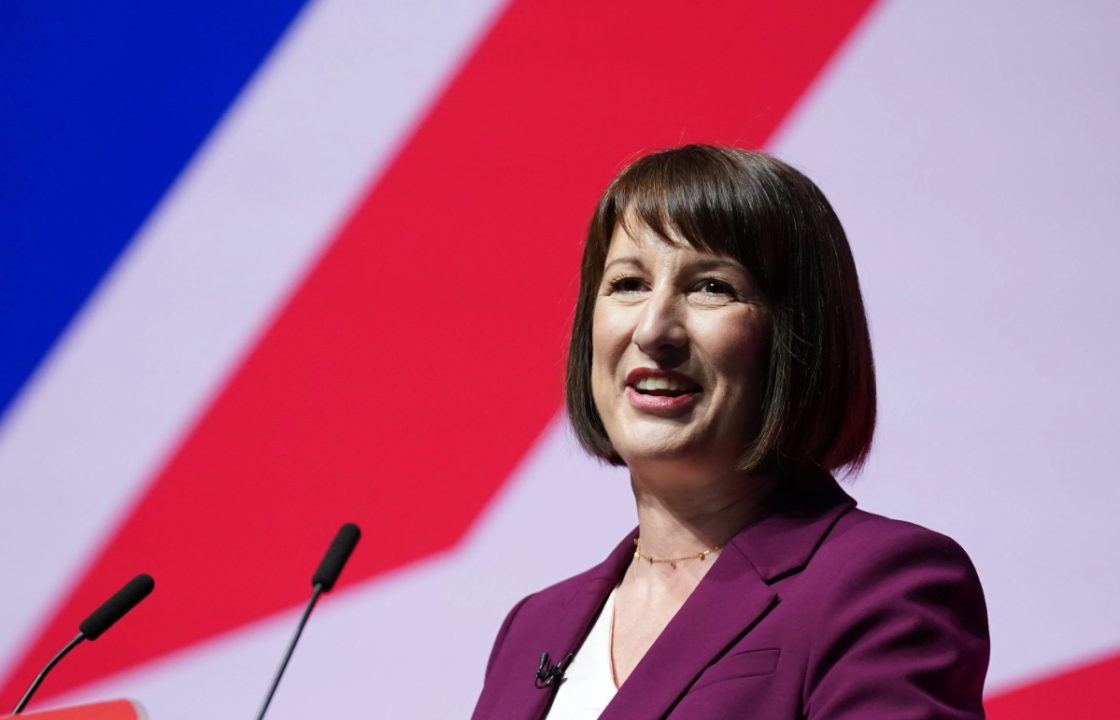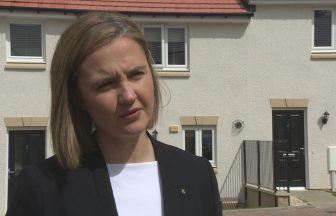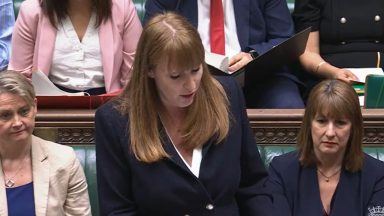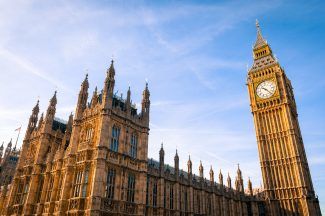A report by the University of Strathclyde’s Fraser of Allander Institute predicts the economy will grow at a much higher rate in 2025 than previously expected.
The Deloitte-sponsored economic commentary forecasts the economy to have grown by 0.9% in 2024 with that rising to 1.3% in 2025 before falling slightly to 1.2% in 2026.
It said the rise in growth in 2025 is largely being driven by an increase in government spending due to the Chancellor’s Budget.
However, its analysis showed the boost may only be short term and is likely to reduce growth in the future.
It said the measures announced by Rachel Reeves in October are likely to spur on higher interest rates and inflation while suppressing wages.
The economic think tank said that was because businesses are likely to pass on the rise in employers’ national insurance to their workers.
Professor Mairi Spowage, director of the Fraser of Allander Institute, said: “The UK Government were keen to present their Budget in October as supporting growth, and that they had avoided tax increases on working people.
“However, the analysis alongside the Budget shows that the impact of measures will reduce growth in the medium term and that tax increases will mostly be passed through to workers through less employment and fewer wage increases.
“The UK Government will be hoping that improvements in public services will start to be felt, given extra public spending, and that growth will surprise on the upside to make future fiscal events easier.
“The reaction of businesses to the Budget, with taxation increasing as a concern, may make that more difficult.”
Douglas Farish, head of tax for Deloitte in Scotland, added: “Businesses across the country are navigating somewhat of a balancing act, striving to attract and retain top talent while managing cost pressures and economic uncertainty.
“Demographic shifts and evolving workplace demands are straining labour markets, and the rise of AI is reshaping the skills businesses require, underscoring the need for adaptive workforce strategies that ensure innovation and productivity thrive alongside human expertise.”
The Scottish Government will receive an uplift of £1.5 billion for the current financial year and another £3.4 billion in 2025-26 as a result of the UK Budget.
The Fraser of Allander Institute said that had given ministers greater flexibility by handing over more cash than previously expected.
But the think tank remains concerned about whether Holyrood can afford its much larger public sector, which is paid more than south of the border, as well as the rising cost of social security payments in Scotland.
Dr Joao Sousa, deputy director of the institute, said: “The Scottish Government had more flexibility than they were likely expecting, given the increases in funding for 2025-26.
“Overall, though, this (Scottish) Budget in December had one eye on the Holyrood election in May 2026, with announcements on mitigation of the two-child benefit cap from April 2026.
“This issue has proven key, with Scottish Labour now set to abstain on the (Scottish) Budget which is likely to ensure it will pass.
“Wider issues about fiscal sustainability remain, though, with higher public sector pay in Scotland, the much larger public sector, and the increasing proportion of the Scottish Budget, which is taken up by social security payments, which will increase further given the decision on the two-child cap.”
Scottish Finance Secretary Shona Robison said: “Our Budget is focused on hope and recovery, by investing in public services, prioritising action to eradicate child poverty, acting in the face of the climate emergency and supporting jobs and economic growth.
“Concerns have been raised with the UK Government around the rise in employer national insurance contributions, which risks hampering economic growth.
“We will continue to ensure our investment in social security is sustainable, in line with our obligation to achieve value for money under the Social Security (Scotland) Act.”
An HM Treasury spokesperson said: “Our number one priority has always been growth through investment and reform.
“Capping the rate of corporation tax, establishing a National Wealth Fund and creating pension megafunds is just the start of our Plan for Change which will get Britain building, unlock investment and support business so we can raise living standards and make all parts of the country better off.
“With our public services crumbling and a £22 billion fiscal black hole from the previous government, we delivered a once-in-a-Parliament budget to wipe the slate clean and restore desperately needed stability to allow businesses to thrive.”
Follow STV News on WhatsApp
Scan the QR code on your mobile device for all the latest news from around the country


 PA Media
PA Media



















